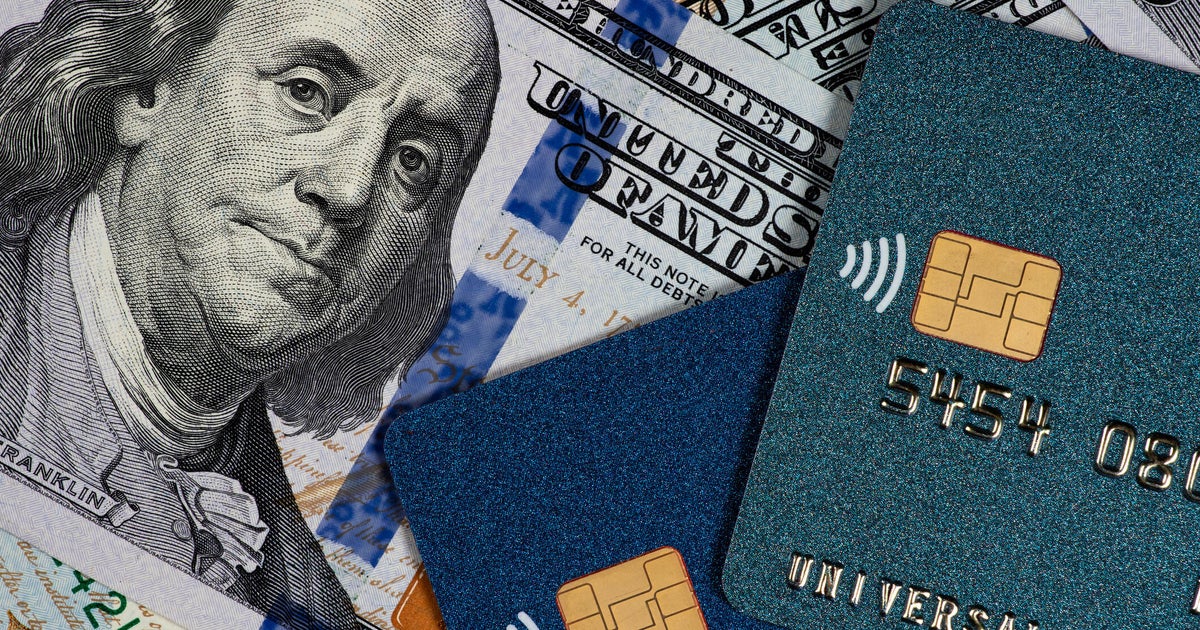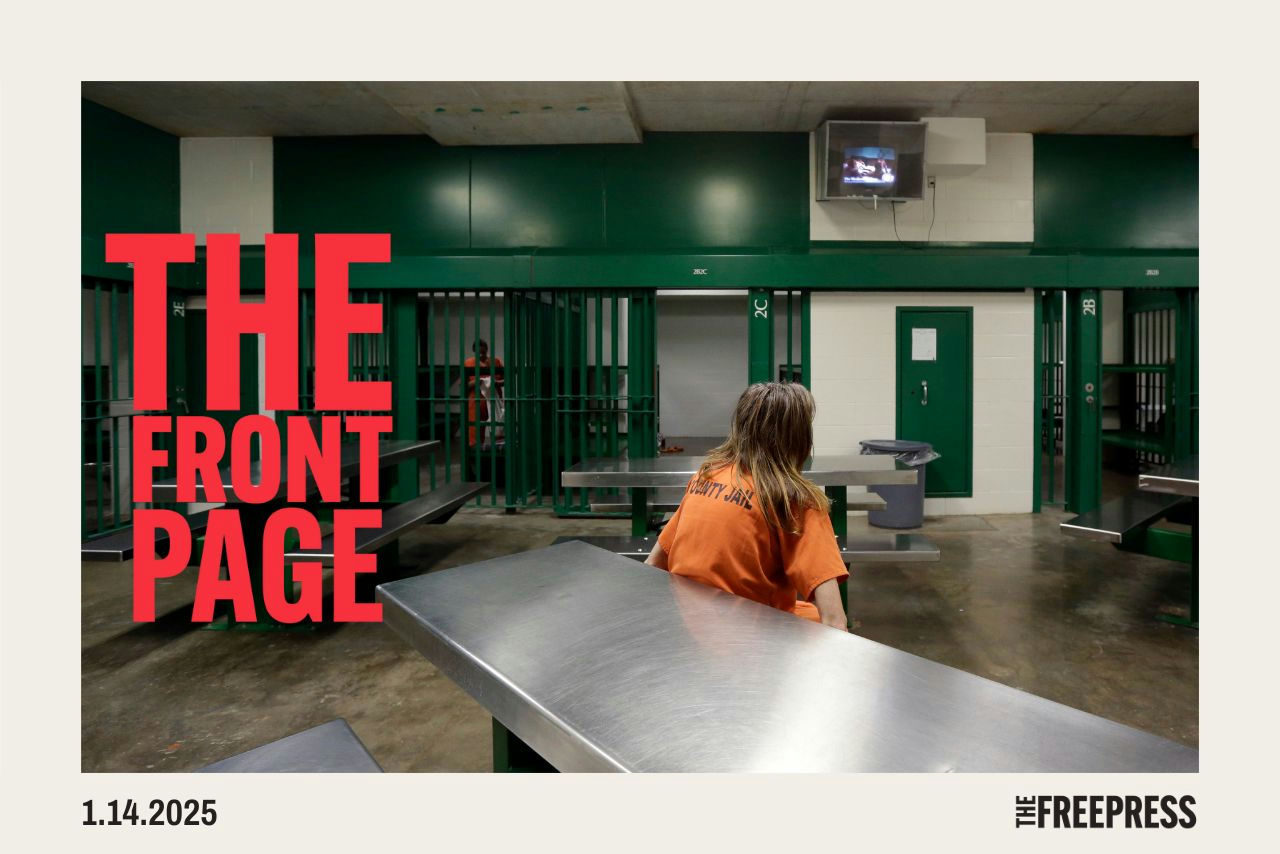How much money do you need to buy a house?
Are you in the market for a new home? If so, you may have found out that there are up-front costs you'll need to consider before you make an offer. Between the down payment and closing costs, you could easily spend tens of thousands of dollars before you move into your new home.
The good news is that if you know how much money you'll need, you can plan for the expenses. That way, when you find the home of your dreams, you're financially prepared to make an offer and close the deal.
But how much money will you need? That depends on the price of the house you want to buy, your down payment and your closing costs. Read on to find out how much money you'll likely need to buy a house.
Explore the mortgage rates you could qualify on your home purchase todayn.
How much money do you need to buy a house?
The amount of money you'll need to purchase a house is highly dependent on the price of the house you plan to purchase. After all, closing costs and down payments are typically represented as a percentage of the home's value.
According to data from the United States Federal Reserve, the average home in the United States costs $431,000. So, all figures below will be based on this purchase price.
Down payment
When you buy a home, you typically need to make a down payment. That's an up-front payment that reduces the total amount of the loan on the home. For example, if you purchase a $431,000 home and make a $20,000 down payment, you'll need to finance $411,000 of the purchase. Although a down payment isn't always required, it's a good idea to plan for one.
The National Association of Realtors suggests that the average down payment on a home for first-time buyers is about 6%, while repeat home buyers put an average of 17% down. That works out to about $25,860 for first-time buyers and $86,200 for repeat buyers based on the average price of a home in today's market.
Lock in your mortgage rate now before rates increase.
Closing costs
Chances are that you'll also have to pay closing costs when you purchase a home. Those costs are typically between 2% and 5% of the home's value. So, you can expect to pay between $8,620 and $21,550 in closing costs when you purchase a $431,000 home.
Moving expenses
It's important to consider the cost of moving as well. After all, moving expenses can range from a few hundred dollars to tens of thousands of dollars. And, you could find yourself in a bind if you don't plan for such a significant expense.
Of course, the distance of your move will play a role in the cost. Here are the average moving costs you can expect to pay, according to Angi:
Local move: The average local move in the United States costs between $884 and $2,551. However, Angi does mention that local moves can cost more than $2,551 in some cases.
Cross-country move: The average cross-country move costs between $2,700 and $10,000, but can cost more under certain circumstances.
All told, the national average moving cost is $1,702 — but your price may be higher or lower depending on the specifics of your move.
The total
So, how much money do you need to purchase a new home? Here are the upfront costs of a new home based on varying down payments, closing costs and moving expenses.
2% closing costs and a local move
- 0% down: $9,504 - $11,171
- 6% down: $35,364 - $37,031
- 17% down: $82,774 - $84,441
- 20% down: $95,704 - $97,371
5% closing costs and a local move
- 0% down: $22,434 - $24,101
- 6% down: $48,294 - $49,961
- 17% down: $95,704 - $97,371
- 20% down: $108,634 - $110,301
2% closing costs and a long-distance move
- 0% down: $11,320 - $18,620
- 6% down: $37,180 - $44,480
- 17% down: $84,590 - $91,890
- 20% down: $97,520 - $104,820
5% closing costs and a long-distance move
- 0% down: $24,250 - $31,550
- 6% down: $50,110 - $57,410
- 17% down: $97,520 - $104,820
- 20% down: $110,450 - $117,750
Of course, you may want to know how much money you'll need to buy a home without moving expenses, which are as follows:
2% closing costs
- 0% down: $8,620
- 6% down: $34,480
- 17% down: $81,890
- 20% down: $94,820
5% closing costs
- 0% down: $21,550
- 6% down: $47,410
- 17% down: $94,820
- 20% down: $107,750
Don't forget emergency savings
Finally, many experts suggest that you should have a meaningful emergency fund before you purchase a new home. After all, you don't want to move into your new home and experience an emergency you can't afford to pay for.
"You should attempt to have at least three to six months of expenses in a general savings account at all times," Mark Henry, founder and CEO of Alloy Wealth Management, previously told CBS News. "Monthly expenses look different for everyone, so if you aren't sure how much you would need, track your expenses for a few months."
So, let's say you have about $5,000 in monthly expenses. That means you should have between $15,000 and $30,000 in an emergency fund.
Find out the top rates you could get on your home loan today.
The bottom line
The amount of money you'll need in order to purchase a new home can vary significantly. Your total upfront costs will depend on the price of your new home, your closing costs and the amount of money you want to put down when you make the purchase. Moreover, you'll want to consider moving expenses and build an emergency fund to ensure that you're prepared for your move and the future.






